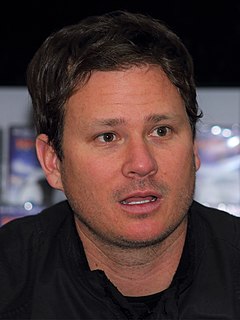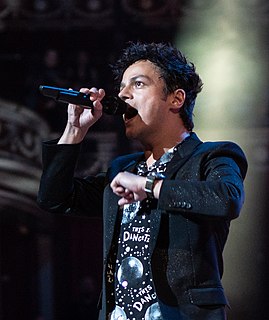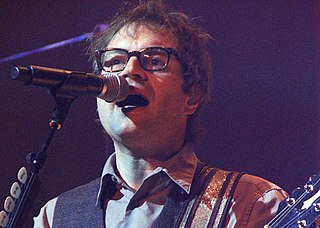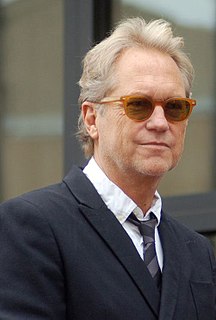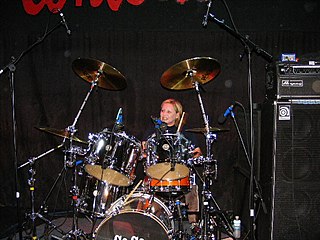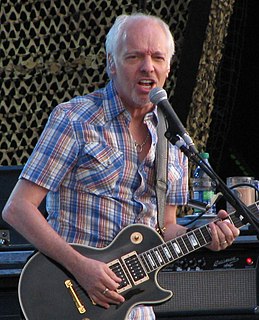A Quote by Steve Miller
We sold 1.5 million copies of the 'Abracadabra' album and 26,000 copies of 'Italian X-Rays.'
Related Quotes
You know, if a band on a label sold a few hundred thousand copies of their record these days, they wouldn't make any money. But if a band can pump out 10 million copies of a record for free, and 50,000 of those fans come to the band's website to watch pay-per-view videos or buy a t-shirt, that's roughly $10 million in revenue per year.
This comes from Mike Gonzalez at the Daily Signal: [ Howard] Zinn's history "set the stage for the grievance mongering that passes for history classes today, and is still widely used. It has sold over 2 million copies since it was first published in 1980 and continues to sell over 100,000 copies a year because it is required reading at many of our high schools and colleges. That's a lot of young minds."
Obviously, there are those in the industry who don't give romance novels the level of respect the sales would warrant. They'll talk about a book that sells maybe 100,000 copies, that happens to be very literary, whereas something like 'Crossfire' will sell 13 million copies in a single language and hardly get any mentions at all.

